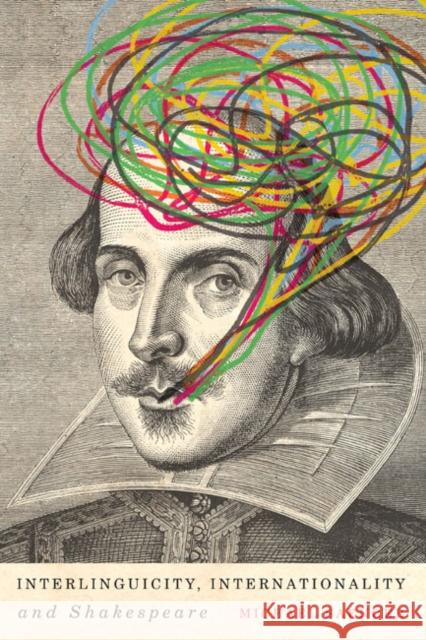Interlinguicity, Internationality, and Shakespeare » książka
Interlinguicity, Internationality, and Shakespeare
ISBN-13: 9780773544734 / Angielski / Twarda / 2015 / 296 str.
Interlinguicity, Internationality, and Shakespeare
ISBN-13: 9780773544734 / Angielski / Twarda / 2015 / 296 str.
(netto: 464,55 VAT: 5%)
Najniższa cena z 30 dni: 482,53
ok. 22 dni roboczych.
Darmowa dostawa!
Languages have become more mobile than ever before, producing translations, transplantations, and cohabitations of all kinds. The early modern period also witnessed profound linguistic transformation, but in very different ways. Interlinguicity, Internationality, and Shakespeare undoes the illusion that Shakespeare wrote in what we now think of as English. In a series of essays approaching Shakespeare from unique and thought-provoking perspectives, contributors from history, performance criticism, and comparative literature look at "interlinguicity," the condition of being between languages, and "internationality," the condition of being between countries. Each essay focuses on local issues, such as community identification in the Netherlands of Shakespeare s time and the appropriation of Shakespeare in German literature in the nineteenth century, to suggest that Shakespeare never wrote "in" English because English was not then, nor is it now, an intact, knowable system. Many languages existed in sixteenth-century London, and English did not have clear limits. Interlinguicity, Internationality, and Shakespeare helps to explain the hybridity that Shakespeare embraced in all his writing. Contributors include Paula Blank (College of William and Mary), Lauren Coker (Saint Louis University), Brian Gingrich (Princeton University), Alexa Huang (George Washington University), James Loehlin (University of Texas at Austin), Scott Newstok (Rhodes College), Patricia Parker (Stanford University), Elizabeth Pentland (York University), Philip Schwyzer (University of Exeter), Gary Waite (University of New Brunswick), and Robert N. Watson (University of California, Los Angeles)"











